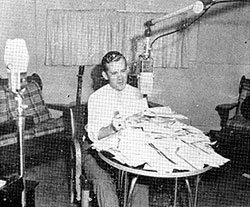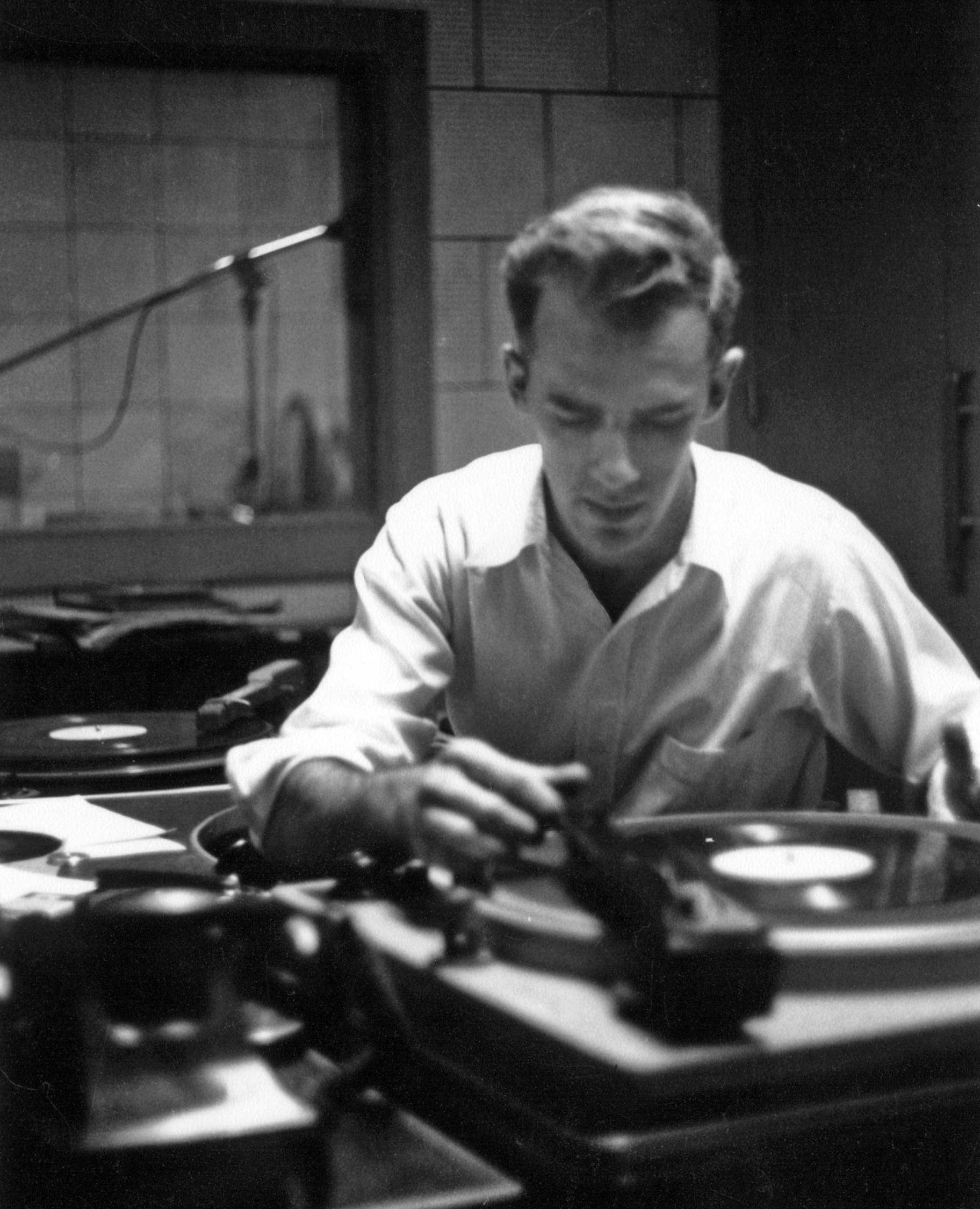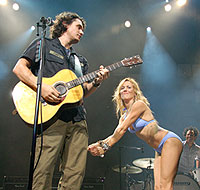Nostalgia Alert: We’re going back to 1947 in this post.
 When KBOA went on the air (July 19, 1947), one of their first –and most popular– programs was “Ole Camp Meetin’ Time.” It was the creation of Ray Van (Hooser), the station’s first program director. The program featured hymns and gospel music but was far more than a “record show.” And it was immediately and immensly popular.
When KBOA went on the air (July 19, 1947), one of their first –and most popular– programs was “Ole Camp Meetin’ Time.” It was the creation of Ray Van (Hooser), the station’s first program director. The program featured hymns and gospel music but was far more than a “record show.” And it was immediately and immensly popular.
Sometime in the early ’50’s, Rudy Pylant (“Mr. Rudy”) took over Ole Camp Meetin’ Time and gave it his own special flavor (think Will Rogers-meets-Jerry Clower). The program continued to be hugely popular.
I was reminded of Ole Camp Meetin’ Time this week when my (life-long Kennett) friend Joann sent me one of the original Ole Camp Meetin’ Time Song Books. Published in late 1947, the radio staiton gave away thousands of these. Seems hopelessly quaint now but in 1947, these were like iPods.
If you grew up anywhere within a hundred miles or so of Kennett, Missouri, in the late 40’s or ’50s… you probably have memories of sitting at the breakfast table listening to Ole Camp Meetin’ Time. As I write this, I realize I don’t have the skill (or perhaps it is not possible) to convey how important this radio program was to the people that listened to it every monring. But, fortunately, I have some oral history that might come close.
- Ray Van talks about putting KBOA on the air and the creation of Ole Camp Meetin’ Time
- Joe Bankhead remembers the programs biggest and best known sponsor, Gobler Mercantile
- Mr. Rudy on his tenure as the host of Ole Camp Meetin’ Time
You can read the introduction to the song book by station manager Paul C. Jones, after the jump.
So here we are sixty years later (gulp!) and it ain’t your father’s radio anymore. I have no illusions about returning to those days. But as I listen to the men that built KBOA talk about their love of radio (I’m not sure they would have said “the business” of radio)… I wonder if that same passion still exists today. I’m not in many stations these days so the flame might be burning brightly and I would not know. I’ve turned the comments on for this post for those than might.

 A couple of days ago, a broadcaster called me for advice on possible speakers/topics for an association meeting next spring. She wanted someone to come talk to them about “new media.” I asked her why?
A couple of days ago, a broadcaster called me for advice on possible speakers/topics for an association meeting next spring. She wanted someone to come talk to them about “new media.” I asked her why?
 Sheryl Crow and John Mayer recently toured together and during the next-to-last date, John Mayer come onstage during SC’s set, dressed as a bear. The following night, Ms. Crow interrupted his set, wearing a bikini and waving around a baton (I’m pretty sure she was a twirler in high school). Based on this post from Mr. Mayer’s blog (10/12/06), they had a good time:
Sheryl Crow and John Mayer recently toured together and during the next-to-last date, John Mayer come onstage during SC’s set, dressed as a bear. The following night, Ms. Crow interrupted his set, wearing a bikini and waving around a baton (I’m pretty sure she was a twirler in high school). Based on this post from Mr. Mayer’s blog (10/12/06), they had a good time: